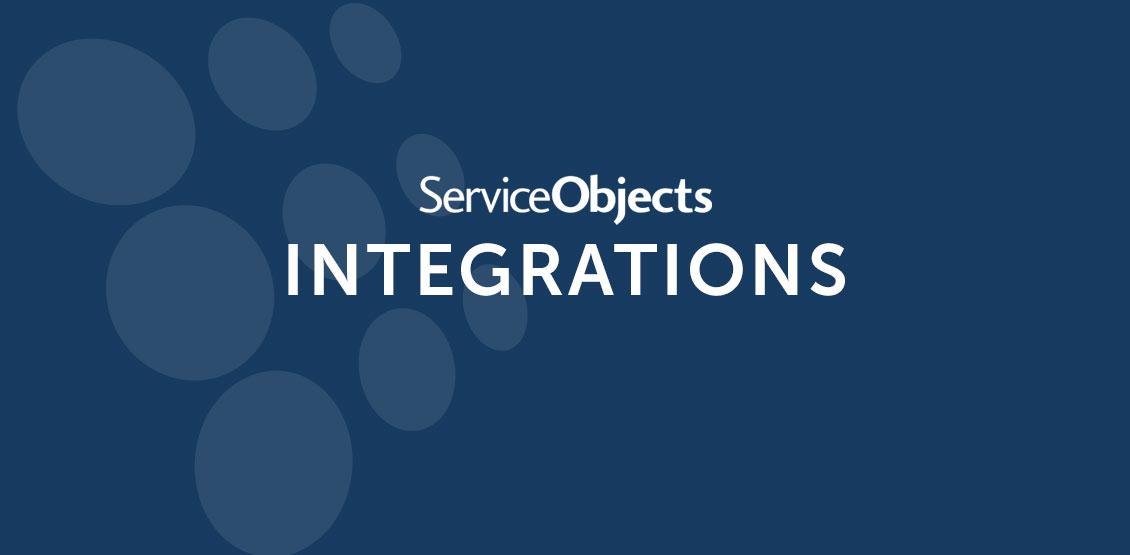No matter the industry, you likely have jargon or terminology that’s specific to the work you do. The email world has a nomenclature all of its own, too. Understanding the lingo can keep you on the right side of the email servers.
Here are some key terms that can help you make the most of your email marketing efforts:
EMAIL SERVICE PROVIDER (ESP)
These are firms that provide email services, ranging from major providers such as Google’s Gmail or Microsoft’s Outlook to more specific offerings. The major firms often combine free offerings for consumers with expanded paid services for business.
DOMAIN NAME SYSTEM (DNS)
An Internet protocol that links a domain name with resources such as IP addresses, mail exchangers, and name servers. In short, it stores where valid domains live on the Internet.
MAIL EXCHANGERS (MX)
Also known as a message transfer agent (MTA), these are computers and software that execute protocols for sending and receiving a domain’s email messages and their attachments.
WHITELIST
A list of email addresses that are automatically approved for delivery, used to make sure that emails from familiar sources get through.
GREYLIST
A technique used to temporarily reject new or unfamiliar email, often by rejecting it at first with a “soft bounce,” and then accepting subsequent delivery attempts. It works because legitimate email servers will normally attempt redelivery, while spammers generally won’t.
BLACKLIST
Email addresses that are tagged to be rejected by a mail server, normally because it is suspected as being spam. Unsuspecting legitimate emails can get blacklisted, however, if the sender isn’t careful: see the definition of honeypots and spamtraps.
HONEYPOTS AND SPAMTRAPS
Unpublished email addresses used to trap spammers, particularly those who “scrape” addresses using webcrawlers. Purchased email lists from the wrong sources may contain such addresses, which in turn can get you banned from sending to their domains.
ROLE ADDRESSES
These are email addresses that belong to a job function, rather than an individual: for example, support@mycompany.com. Role addresses are a potential minefield for your contact database, because emails to addresses for multiple people can easily be flagged as spam.
DISPOSABLE EMAILS
These are email addresses that are generated for unique uses such as signing up for lists, or may expire after a period of time. The good news? They protect users from exposing their primary email addresses to spammers. The bad news? They are often used by Internet trolls, or people who want to sign up for your marketing goodie without being on your mailing list.
ADVANCED EMAIL ADDRESS VALIDATION
An advanced email validation and verification service, such as Service Objects’ DOTS Email Validation, validates email syntax to confirm there is a box name, an @-symbol, and a domain. Additionally, it flags improbable addresses, such as vulgar or famous names. Sophisticated algorithms check the existence of SMTP server and working mailbox, that the mail exchange record is valid and accepting mail, and that domain specific mailbox rules are met.
Why Email Validation Is Important
Email validation is a simple, painless, easy-to-implement capability that improves the quality and functionality of your email lists. By taking advantage of our validation infrastructure, as well as the live experience that goes into our extensive databases of validation criteria, you gain the following benefits:
- Substantially improving the ROI of your email marketing
- Reducing email bounce rates by up to 90% and maximizing deliverability
- Protecting your business from being blacklisted by valuable or important contact domains, by warning against potential spam traps and honeypots
- Combatting fraud by providing important MX-specific flags including catch-all, wireless, free, disposable, alias, domain quality and more
- Helping you document compliance with government regulations such as GDPR, CAN-SPAM and others, by ensuring that you have correct contact information
- Maintaining a good email “sender reputation” that enhances your contact effectiveness
- Better customer service through improved contact rates
To learn more about how email validation can help you avoid the dreaded blacklist, download our free whitepaper, The ROI of Real-Time Email Validation. The strategies presented will not only improve your response rates and effectiveness, they will help protect your organization from a host of issues including fraud, blacklisting and regulatory concerns.





